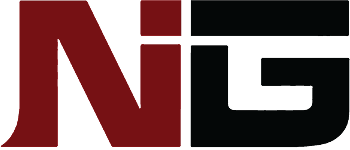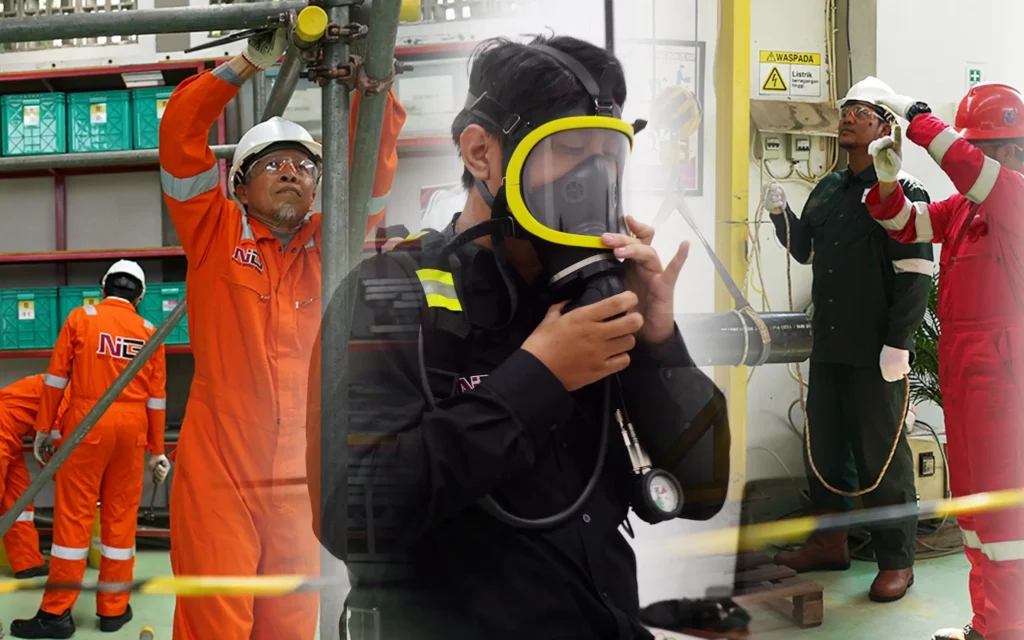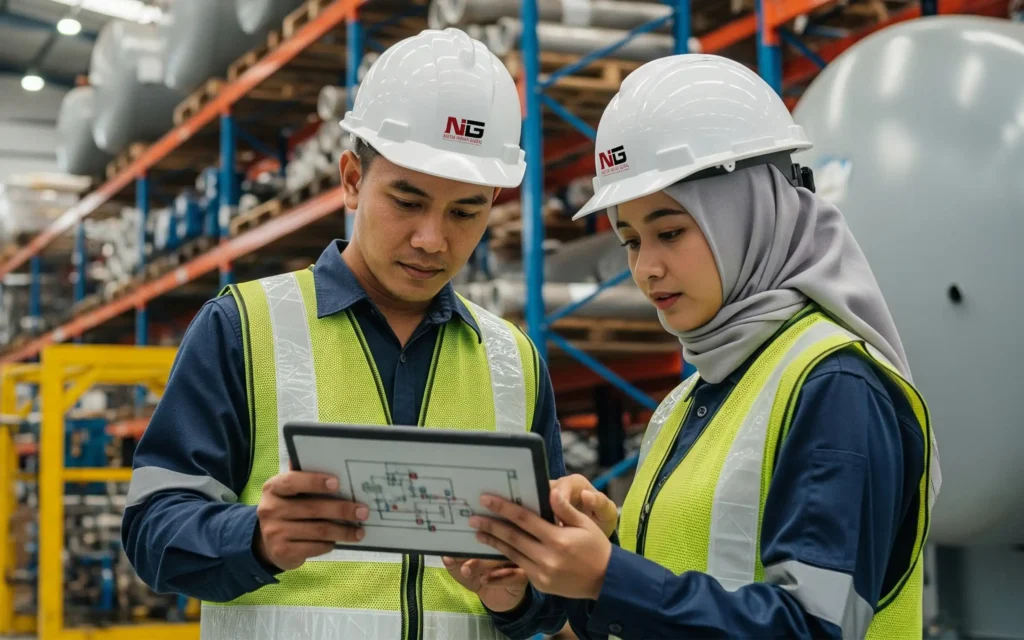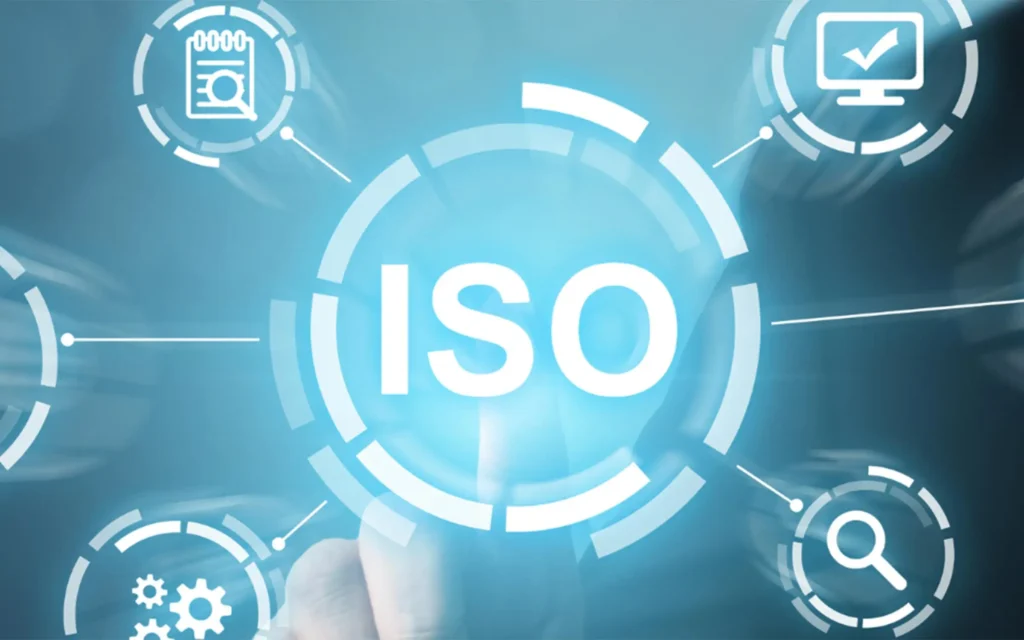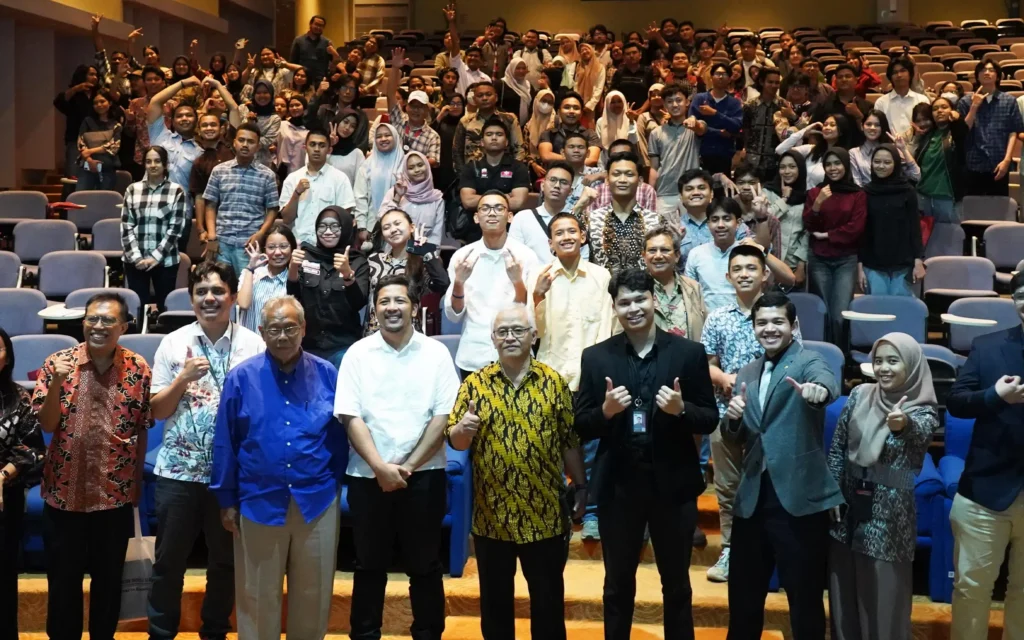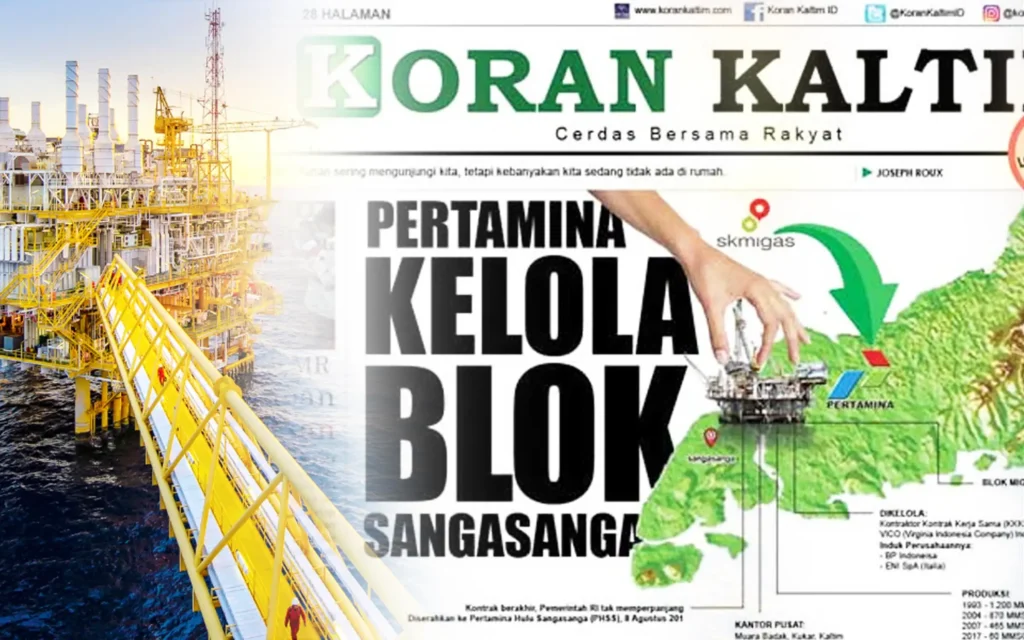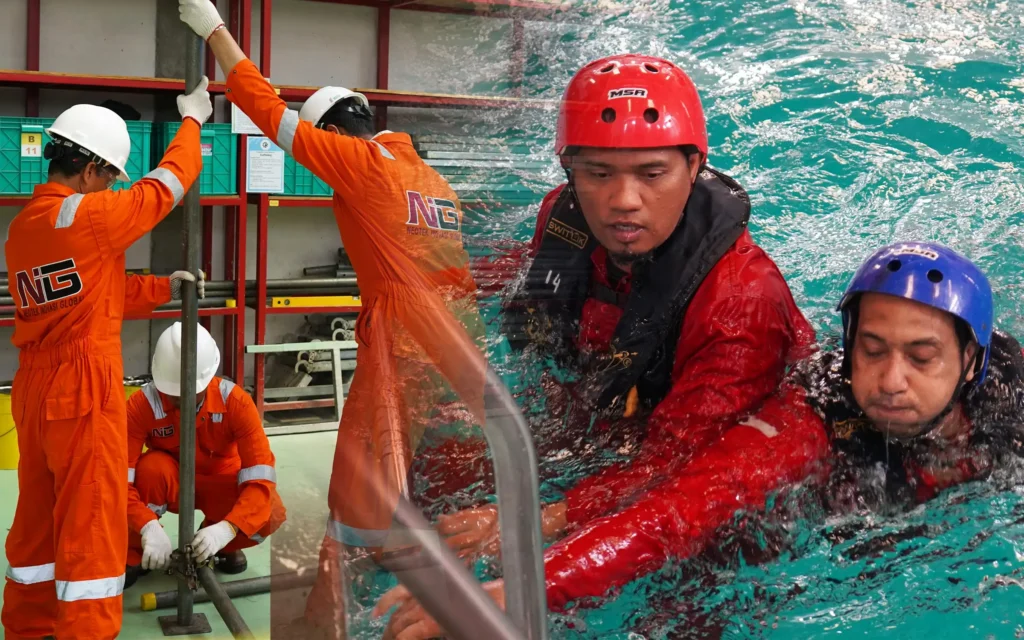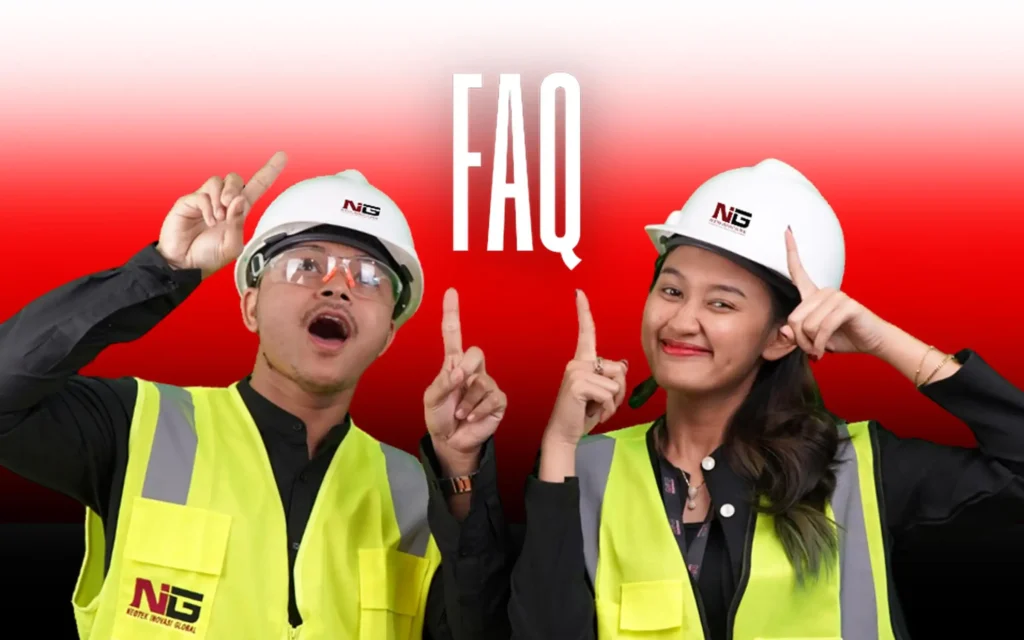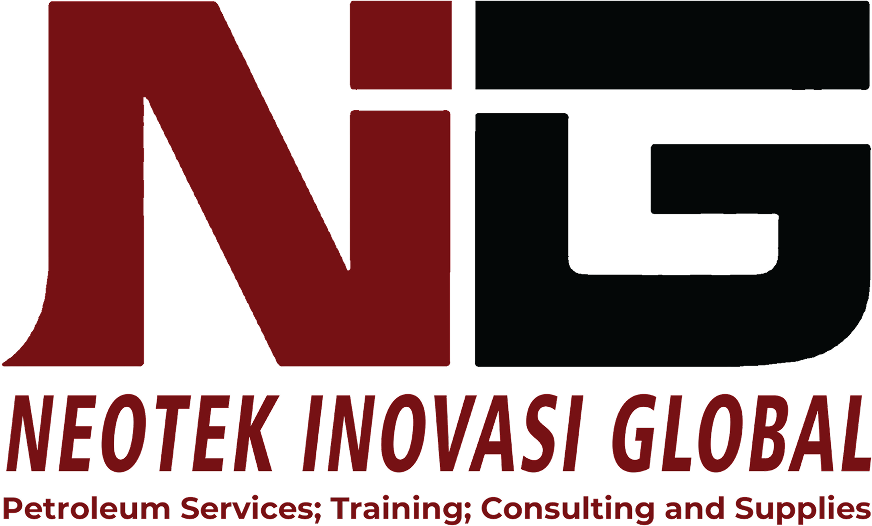Eligibility Requirements
- Complete the four course training modules
- 3 years of on-the-job experience in construction projects or built environment projects
- Must be within the past 10 years
Delivery
Duration: 5 days (at least 30–35 hours of formal training, tailored to the PMI-CP eligibility requirements).
Mode: Online (virtual instructor-led) or in-person classroom.
Schedule: Intensive workshops featuring real-world case discussions, hands-on exercises, and exam simulations.
Method
Foundation: Fully aligned with the official PMI-CP Exam Content Outline, referencing construction best practices, PMI standards, and the needs of modern project environments.
Learning Approach: Combines concise lectures, group discussions, case studies, practical exercises, and construction project scenario simulations.
Engagement: Covers contract management, stakeholder engagement, project scope/strategy, governance, risk management, innovation, and technology implementation.
Assessment: Daily knowledge checks, quiz, and a full-length PMI-CP practice exam.
Content Depth: In-depth and focused on practical application in real construction projects and advanced project manager roles.
Course Overview
This PMI-CP (Construction Professional in Built Environment Projects) exam preparation program offers comprehensive coverage of construction project management fundamentals. The curriculum equips participants with skills in contract management, stakeholder communication, scope and strategy control, risk analysis, and effective governance. Every session features interactive learning, global construction case studies, and exam question practice to ensure real readiness.
Training Objectives
By the end of this program, participants will be able to:
Understand and implement contract management principles, procurement, claims, risk mitigation, and interface management.
Manage complex stakeholder communications and engagement on construction projects.
Define and control scope, manage changes, and proactively apply project strategy in various situations.
Apply innovation, technology usage, lean, and agile approaches in construction projects.
Build project governance capabilities and develop efficient, ethical decision-making models.
Prepare thoroughly for the PMI-CP exam through practice questions, simulations, and detailed case reviews.
Designed For
Professionals with at least three years of experience in construction or built environment sectors seeking global PMI certification.
Project managers, engineers, quantity surveyors, architects, owner’s representatives, and other construction project roles.
Anyone seeking international recognition for construction project management competency or a deeper understanding of contemporary best practices.
Training Program Structure
The PMI-CP curriculum is organized into four main domains:
Contracts Management:
Topics include contract risk management, the contract life cycle, claim and dispute administration, lean/integrated project delivery (IPD), procurement, and materials management in construction projects.
Stakeholder Engagement:
Focuses on communication management (PMIS, Big Room, Advanced Work Packaging), stakeholder strategies, developing buy-in and alignment, and overcoming organizational or cultural resistance.
Strategy and Scope Management:
Covers scope definition and control, managing change orders, agile and lean construction methods, advanced work packaging, innovative tools, and evaluating and reporting on project progress.
Project Governance:
Involves setting up project governance structures, driving efficient and ethical decision-making, and ensuring project scope is protected and secured.
